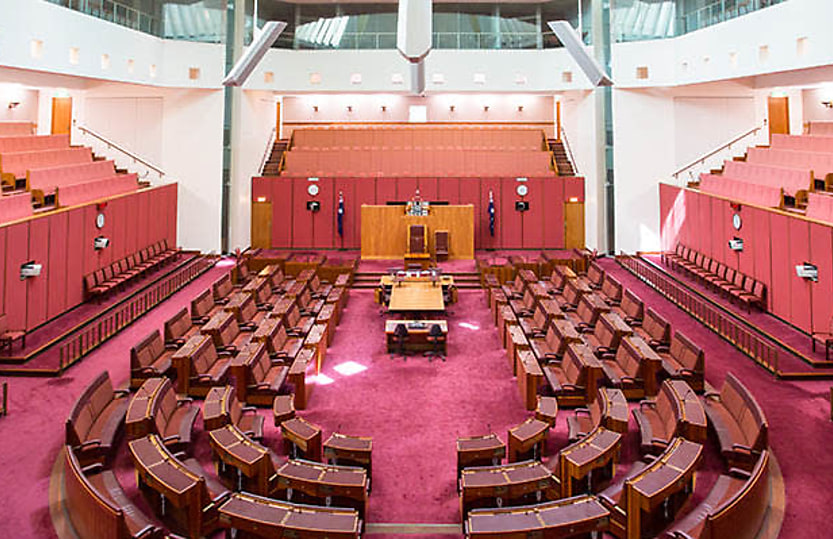Instant asset write-off the latest ‘political football’, says NTAA

Disputes between parties over the size of proposed increases to the instant asset write-off threshold have seen the measure remain stalled in Parliament.
The bill to implement an increase to the threshold that applies to the instant asset write-off scheme is still languishing in Parliament with different political parties in disagreement over what the measure should be set at and what businesses should be able to use it.
Originally, the Support for Small Business and Charities and Other Measures Bill proposed to increase the threshold to $20,000. The original bill also outlined that the measure would apply to businesses with an aggregated turnover of less than $10 million.
The Senate then agreed to amendments that would see the instant asset write-off threshold increased to $30,000 instead. The amendments also expanded the range of businesses able to access the measure to businesses with an aggregated turnover of less than $50 million.
Under the current law, the instant asset threshold is currently set at $1,000 only for the 2023–24 income year.
However, when Parliament returned this week, the House of Representatives voted down the Senate amendments to increase the threshold to the higher $30,000 amount and broaden access to the scheme.
The Senate has insisted the bill only be passed with its amendments. This means the bill will now be passed back to the House of Representatives.
The National Tax & Accountants’ Association (NTAA) said the proposed changes are beneficial for small businesses but are being delayed because an agreement cannot be reached on which of the two options should apply for the 2024 financial year.
“Unfortunately, the political stand-off is denying certainty to small and medium-sized businesses and their tax advisers regarding the tax implications of purchasing many business assets before 30 June 2024,” NTAA spokesperson Andrew Gardiner.
“The NTAA is deeply concerned that small business owners are fast becoming an unwanted ‘political football’ due to government delays in passing key tax changes designed to assist small businesses.”
The NTAA said its membership is deeply frustrated with Parliament’s inability to pass pending legislation relating to these key depreciation concessions for small businesses, a measure first announced in May last year.
Other tax professionals have similarly labelled the situation “absurd” and are concerned the latest instant asset write-off measure announced in this year’s budget will follow a similar fate.
Intuit QuickBooks Australia country manager Lars Leber said the uncertainty surrounding the passage of the instant asset write-off measure from last year's budget, with just weeks left in the financial year, highlights the need for greater predictability to support business planning and investment.
“Making the instant asset write-off permanent would provide much-needed stability for SMEs,” Leber said.
Opposition leader Peter Dutton has promised to make the proposed $30,000 threshold for the instant asset write-off permanent in his budget reply speech.
“We will extend the value of assets eligible for the instant asset write-off to $30,000 and make this ongoing for small businesses,” said Dutton in his speech.
“This will simplify depreciation for millions of small businesses by cutting red tape, boosting investment in productive assets, lowering business costs and prices.”






